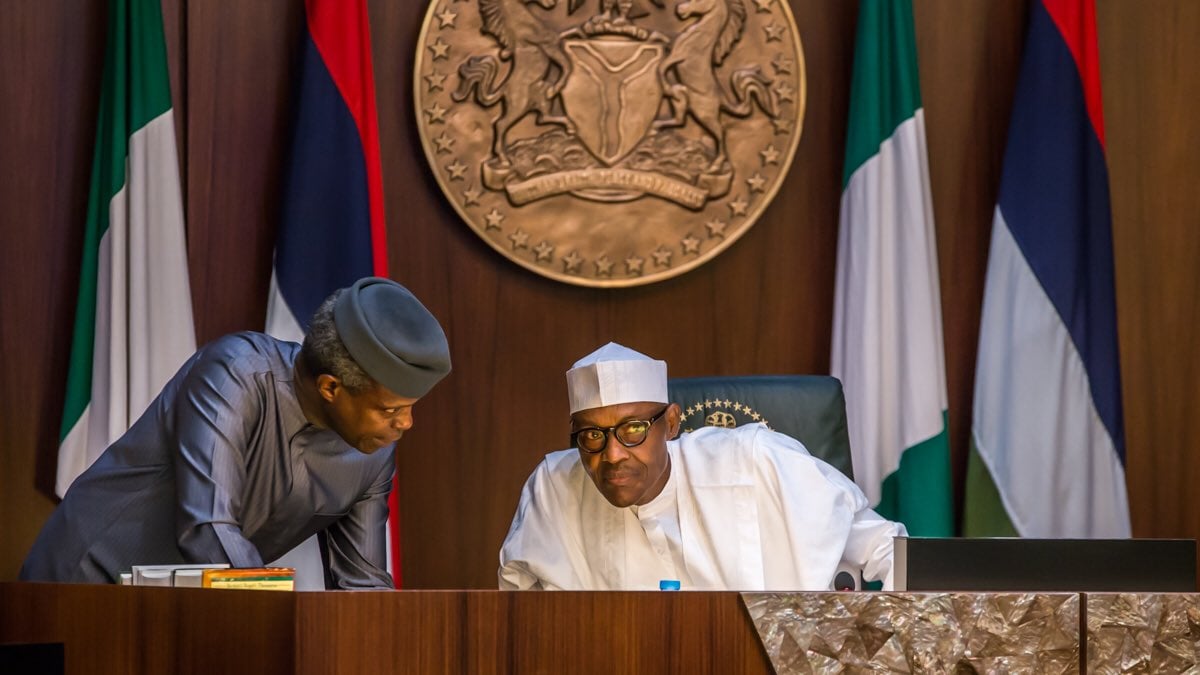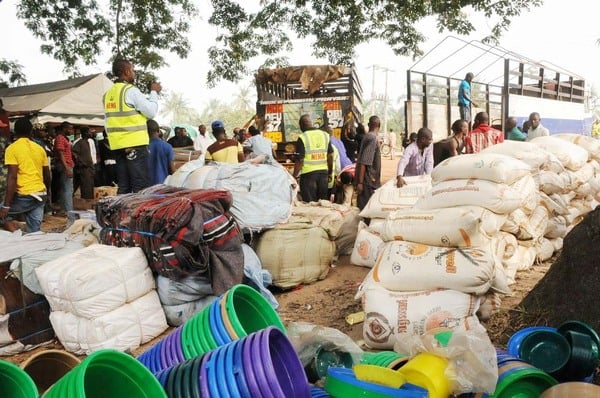Despite the current crisis in the petroleum sector occasioned by a slide in crude oil prices, industry experts and policy analysts foresee that there will be stabilisation of crude oil price.
They, however, warned that Nigeria must seize the opportunity of the crisis to undertake long-awaited reforms of the sector and a diversification of the economy.
These points, among others, were the resolutions at the maiden webinar series on Post COVID-19 Petroleum Agenda for Nigeria (PoCoPAN) hosted by OrderPaper Nigeria on April 27.
The event tagged: “COVID-19 Opportunity for Petroleum Reforms in Nigeria” was convened to aggregate thoughts on the petroleum sector crisis and how Nigeria can benefit from the COVID-19 pandemic.
Advertisement
It featured two guest speakers, Joe Nwakwue, a petroleum industry expert and former government energy adviser, and Tope Fasua, an economist and public policy analyst. It was organised in collaboration with “Publish What You Pay Nigeria and DotCivics”.
In an outcome document signed by Oke Epia, executive director of OrderPaper Nigeria and convener of PoCoPAN, experts said the crude oil price stabilisation will occur once the global economy picks up.
Participants at the event were from the petroleum industry, the legislature, the academia, civil society organisations, the media, among others.
Advertisement
“Crude oil price would eventually stabilise as global economy gradually picks up (this is due to the fact that price volatility is an inherent characteristic of the Oil and Gas industry,” it read.
“There is, however, a pervasive concern that the nation may not learn from this present experience based on patterns deduced from previous oil price crash scenarios.
“The present pandemic-induced economic crisis occasioned by the fall in crude oil price is as a result of obsolete and inappropriate policies that regulate the petroleum industry; lack of will by government to use resources from Oil and Gas to facilitate development of industry value chain and other sectors of the economy; over-dependence on foreign technology, and exportation of raw materials rather than refined products.”
The document cited the effects the fall in oil prices will have on the country’s budget, noting that critical stakeholders such as investors, host communities and the government remain unsatisfied with the current path the oil and gas industry treads.
Advertisement
“Diversification and re-invention of the economy from a sole petro-dollar source is highly imperative to insulate the country from the effects of future price volatilities,” it stated.
“Critical decisions have to be made to determine models that are most suited for efficient running of the nation’s Oil Gas industry: Joint Ventures (JVs) and Production Sharing Contracts (PSCs) need to be re-evaluated so as to determine if the current arrangements are providing maximum benefits for the country. (A potential capacity of Oil and Gas business to generate between 12 and 15 trillion naira per annum was highlighted).
“Revenue from Oil and Gas operations is needed to facilitate the country’s emergence from the Dutch disease, hence, it was recommended that Reserve to Production (R/P) ratio should be increased, gas assets developed and the midstream sector enhanced in a string of industry diversification that will impact the economy in general.”
On petrol subsidy, the participants noted that because it “impedes development of the industry and cobbles the participation of private investors”, it should be “abrogated to allow for deregulation of the downstream sector”.
Advertisement
“The economic crisis presented by COVID-19 era is an opportunity to rethink and re-evaluate the modus operandi of the Oil and Gas sector and the nation’s economy at large. Opportunities presented in the development of local technology (artisanal refining for instance), deep focus on gas exploration, development of indigenous human capital in critical sectors of the economy, and enactment of the Petroleum Industry Bill (PIB) should not be lost,” it added.
They also said the COVID-19 pandemic should present “a strong need for increased citizen engagements on transparency and accountability – holding government’s feet to fire – both on the management of the petroleum sector specifically and the nation’s public finance generally.”
Advertisement
Add a comment






